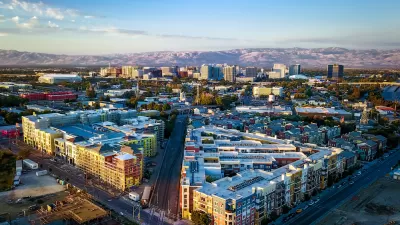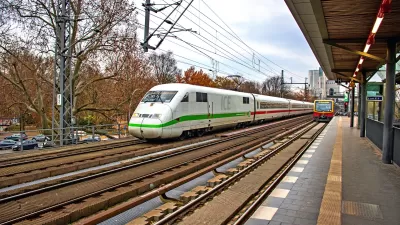It appears that everyone is talking about the impact that sports stadiums have on urban economic development. As soon as one person says they're a terrible idea, another article will retort the benefits brought to a given city.
In this article by the Initiative for a Competitive Inner City, the author looks at both sides of the argument. Sure, public subsides are often required to finance these urban stadiums. Tax breaks, free land, government-subsidized tax-free loans and discounts are routinely offered by cities in order to attract a sports team to build a stadium in their hometown. NYC was able to attract the Nets by offering $511 million in tax exempt bonds. The initial plans included office towers and affordable housing to be built alongside the stadium, but these have since been scrapped due to the economy.
But even without the office towers and condo complexes, is the stadium a worthwhile investment for NYC?
Boston Mayor Tom Menino announced in June that fans had spent $300 million in Boston as a direct result of hometown sporting events the past year. A pennant race and Stanley Cup championship certainly didn't hurt the city's efforts.
The article seeks feedback on the importance of stadiums to urban economic development--and whether these public subsidies are worthwhile. Can stadiums really create "shared value"? If so, how?
Thanks to Amanda Maher
FULL STORY: An Economic Development Case for Building Sports Stadiums—Or Not

Alabama: Trump Terminates Settlements for Black Communities Harmed By Raw Sewage
Trump deemed the landmark civil rights agreement “illegal DEI and environmental justice policy.”

Study: Maui’s Plan to Convert Vacation Rentals to Long-Term Housing Could Cause Nearly $1 Billion Economic Loss
The plan would reduce visitor accommodation by 25% resulting in 1,900 jobs lost.

Planetizen Federal Action Tracker
A weekly monitor of how Trump’s orders and actions are impacting planners and planning in America.

Waymo Gets Permission to Map SF’s Market Street
If allowed to operate on the traffic-restricted street, Waymo’s autonomous taxis would have a leg up over ride-hailing competitors — and counter the city’s efforts to grow bike and pedestrian on the thoroughfare.

Parklet Symposium Highlights the Success of Shared Spaces
Parklets got a boost during the Covid-19 pandemic, when the concept was translated to outdoor dining programs that offered restaurants a lifeline during the shutdown.

Federal Homelessness Agency Places Entire Staff on Leave
The U.S. Interagency Council on Homelessness is the only federal agency dedicated to preventing and ending homelessness.
Urban Design for Planners 1: Software Tools
This six-course series explores essential urban design concepts using open source software and equips planners with the tools they need to participate fully in the urban design process.
Planning for Universal Design
Learn the tools for implementing Universal Design in planning regulations.
Caltrans
Smith Gee Studio
Institute for Housing and Urban Development Studies (IHS)
City of Grandview
Harvard GSD Executive Education
Toledo-Lucas County Plan Commissions
Salt Lake City
NYU Wagner Graduate School of Public Service





























